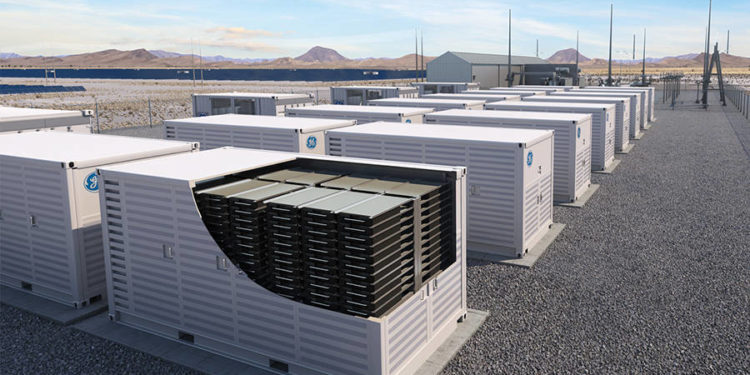Independent Power Producers (IPPs) have urged electrical sector players to use battery energy storage systems as one of the approaches to assure Kenya’s electricity supply stability.
Tapping into intermittent sources of renewable energy sources such as solar and wind energy, Electricity Sector Association of Kenya Chairperson Mr. George Aluru said that the harnessing of energy storage technologies will greatly help Kenya to increase its electricity generation from these reliable and efficient renewable energy sources.
“Battery energy storage solutions will enable the country to facilitate reliable, clean and sustainable power to Kenyans. We currently have installed 170.25 MW via solar and 435.45 MW of wind energy and on average we can produce around 30% of this given the lower capacity factors of solar and wind compared to say geothermal. However, we have the potential of maximizing the output of these renewable energy power plants that has potential of reaching more Kenyans if we adopt these systems. In addition, it offers great potential to reaching customers who are off-grid while contributing to a reduction in greenhouse gas emissions,” said Mr Aluru.
Read: Three Kenya Power Board Members Pushed Out Amid Leadership Wrangles
Mr Aluru added that the adoption of Battery Energy Storage Systems (BESS) will offer a solution, through energy and capacity services which will help integrate greater amounts of renewable energy, manage the grid effectively, while simultaneously creating economic opportunities. He added that the technology is rapidly evolving as the race to net zero and efforts to fight climate change see more research and development spend flow into enabling technologies like batteries, not just for utility scale benefits but also for electric mobility uses.
Battery Energy Storage Systems (BESS) are electrochemical devices that collect energy from the grid or power plant and discharges it only when needed. BESS are crucial for an effective and efficient energy transition. In creating the opportunity to stock and deliver electricity when needed, BESS provides solutions to the intermittency of electricity flows which accompanies the widespread penetration of renewables. Furthermore, BESS offers increased flexibility and capacity to grid networks unable to handle the growing demand for electricity driven by economic and demographic growth and the expected increasing share of renewable generators in the energy mix.
Read: Why Your Power Bill Won’t Reduce Any Time Soon
Kenya aims to improve access to energy by updating and expanding the national power transmission and distribution network to improve supply and reliability, reduce losses, and connect two million new consumers under Vision 2030. To assist the expansion of renewable energy sources, the 2019 Least Cost Power Development Plan 2021-2030 projects 250 MW of BESS capacity up to 2030. To ensure that this growth is realized, there needs to be regulation involving BESS. Even though Kenya’s Transmission Grid Code mentions ancillary service agreements between transmission service operators (TSOs) and generation licensees, the country’s regulatory framework does not specifically mention storage systems.
Globally, markets that have adopted BESS and can be used as benchmarks are the United Kingdom, Chile and the state of California in the US. Adoption of this system in Kenya will positively impact the electricity sector, due to the wide-ranging uses of BESS given that it can be exploited in all segments of the electricity value chain from generation through to final consumption.
Email your news TIPS to editor@thesharpdaily.com














